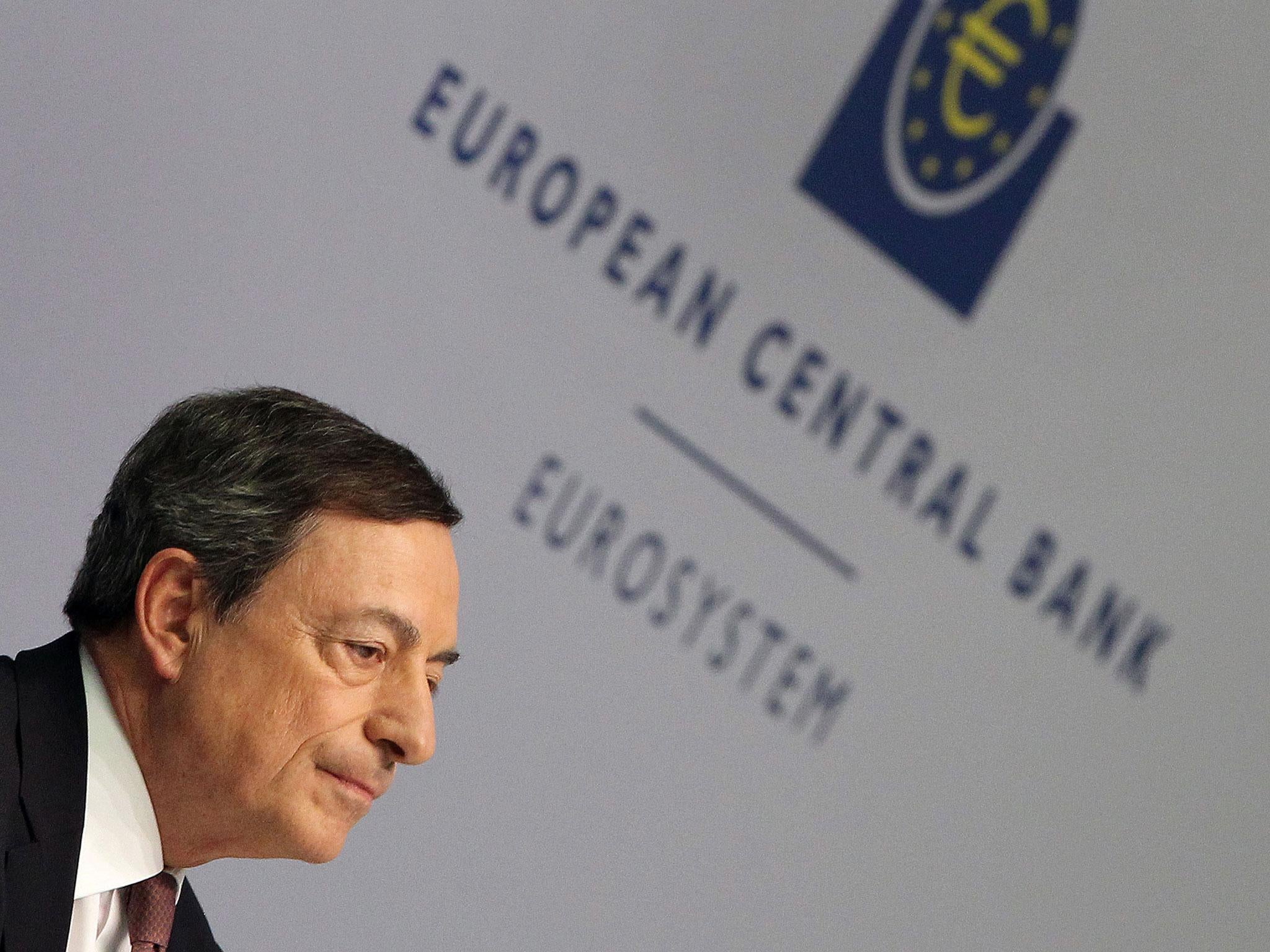Will a rate cut from the ECB and Federal Reserve really do anything to boost the global economy?
It would be wonderful if the next bout of easing was at last successful, but given what has happened over the past decade, it is hard to be optimistic


In the UK, people interested in economics will spend the week wondering the likely policies of a new prime minister, chancellor and so on. In Europe and America, the Brexit business is a bit of a sideshow, and they will be thinking about something else: the coming easing of monetary policy from both the European Central Bank (ECB) and the Federal Reserve Board.
In terms of personalities, can Mario Draghi rekindle economic growth in the Eurozone before he retires from the ECB? And can Jay Powell head off criticism from Donald Trump by making a start on cutting rates?
There will be some sort of indication from the ECB this Thursday about its plans to boost the Eurozone economy in the autumn. They cannot really do anything on interest rates, for these are zero or negative, so there will be some plan to encourage banks to lend more to businesses, and other technical measures to pump money into the system. In other words, more of the same.
In the US, where the next rate-setting meeting is at the end of this month, there will be a cut in rates – or at least that is widely expected – and a debate about the scale of the cut, and how many more cuts there will be in the coming months.
So will yet easier money work? Or, to put the question in a wider context, has the policy of central banks to pump money into their respective economies been the right one? The orthodox view is that this has rescued the world economy from a slump, and that the various costs of such policies, including creating a boom in asset prices, have been worthwhile. But more and more people are questioning this. Could it be that once the chaos of the Lehman Brothers’ collapse had subsided, the world economy would have recovered anyway, as it did in previous economic cycles?
We can never know the counter-factual – what would have happened with different policies – but we do know that US shares are at an all-time peak, and we do know that the European recovery has been achingly slow. We also know that the developed country that has had an ultra-easy monetary policy for longest, Japan, has also experienced a quarter-century of relative economic stagnation.
So we are this autumn heading into a real-life test, or rather two tests: one in Europe, the other in the US.
In Europe, the market indicators suggest a long period of stagnation. German 10-year bond yields are minus 0.3 per cent, the lowest they have ever been. Why should anyone lend money to the German government, knowing they will lose money? Much better to put the euro banknotes in a safe. At a personal level, that is what a lot of people are doing, but think what this says about expectations for the German economy. Is it credible that there are no investment opportunities in Germany that will offer a better return? And what happens if, as the ECB intends, the Eurozone starts to generate 2 per cent inflation?

In short, anyone that invests in German bonds believes that the ECB will fail to create any inflation and that the German economy faces a decade of stagnation. Much the same conclusion applies to the rest of the Eurozone, where bond yields are almost as low. I would love to think that this will be wrong: that the ECB’s next bout of easing this autumn will at last be successful, and that growth and inflation will pick up. But given what has happened over the past decade it is hard to be optimistic.
In the US it is different. There has been a decent recovery, though the official growth figures suggest it has been weaker than previous expansions. But the US has managed to get interest rates up a bit, so some sort of normality has returned. The Fed is under the cosh from the president for not cutting rates, but at least it has pushed them up enough to be able to cut them.
US shares are at an all-time high and if the economy has slowed a bit in recent months that might be because it is close to full capacity. So it is hard to justify the president’s attacks, quite aside from his questionable constitutional right to make them. But from a purely economic point of view we will at least learn through the autumn whether rate cuts in the US do boost an economy that is already at full tilt.
The basic point here is that we have had nearly 10 years of very low rates. They have had disappointing results. Yet we are going to get more of them, which doesn’t make sense at all.
Join our commenting forum
Join thought-provoking conversations, follow other Independent readers and see their replies
Comments
Bookmark popover
Removed from bookmarks